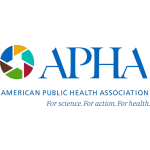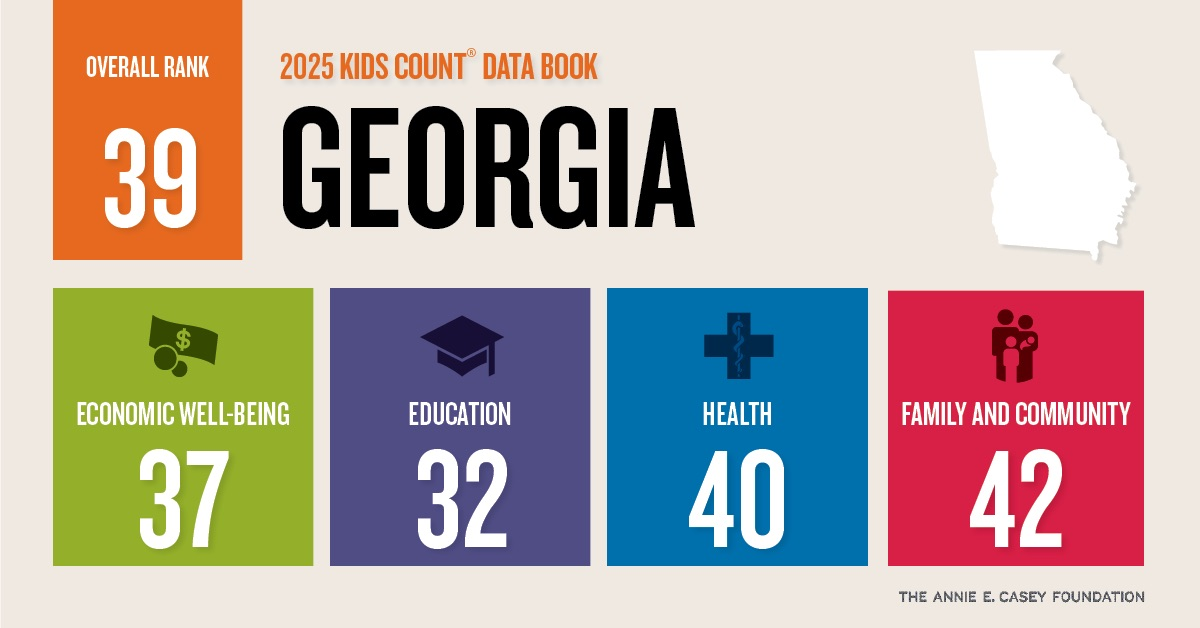Wellbeing & Public Health
Resource Link
Extreme Heat Resource Hub
The American Public Health Association’s Extreme Heat Resource Hub allows users to discover actionable steps to address the challenges of extreme heat, from raising public awareness to strengthening healthcare system preparedness to advocating for heat-resilient communities.

Wellbeing & Public Health
Organization
American Public Health Association (APHA)
APHA serves as a convenor, catalyst and advocate to build capacity in the public health community. We champion optimal, equitable health and well-being for all. We speak out for public health issues and policies backed by science. We are the only organization that combines a 150-year perspective, a broad-based member community and the ability to influence federal policy to improve the public's health.

Community Development | Downtown Development
Organization
Fox Gives
Fox Gives, the Fox Theatre's Community Partnerships initiative, specializes in breathing new life into historic theaters and communities across Georgia and the Southeast.

Children & Youth
Article
City Playbook for Child Care
June 18, 2025
The Low Income Investment Fund's (LIIF) publication, "City Playbook for Child Care: How Georgia Cities Can Lead Efforts to Increase the Supply of Child Care," argues that licensed child care is as fundamental to civic health as roads or water lines.
Public Safety
Resource Link
FEMA Local Mitigation Planning Handbook
The FEMA Local Mitigation Planning Handbook guides local governments, including special districts, as they develop or update a hazard mitigation plan.


